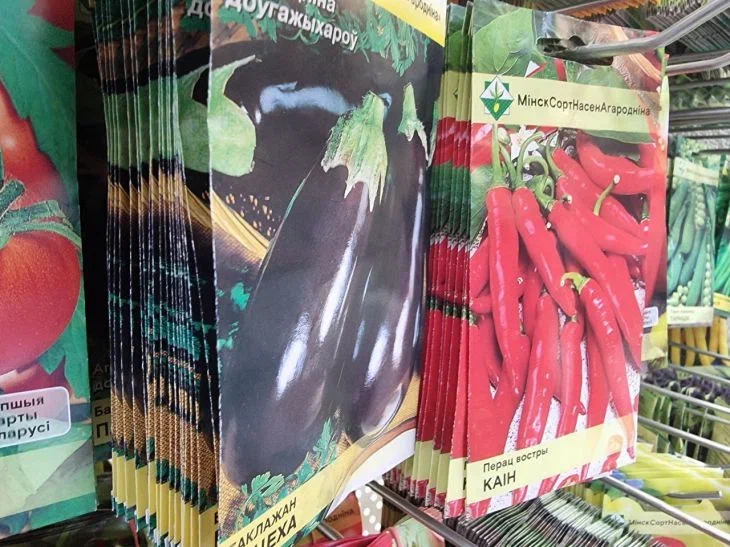When you buy seeds, you trust the information on the label, but what if behind the beautiful pictures there is not truth, but deception?
It turns out that most varieties that are sold with the label “super-productive” lose their properties already in the second year.
Hybridization is to blame. Hybrids (F1) do produce abundant crops, but do not try to collect seeds from these plants to repeat the success next year.

Their seeds are not suitable for planting: they either do not germinate or grow into weak plants. Sellers keep silent about this so that you buy new packets every year.
But there is a way out: choose varietal seeds.
They retain the qualities of their parent plants and adapt to your climate year after year.
Another trick is the shelf life. Pumpkin or cucumber seeds remain viable for up to 8 years, while parsley or celery seeds only last 1-2 years.
Store them in a cool, dry place, wrapped in foil to protect from light.
But the main secret is pre-sowing treatment. Soak the seeds in a honey solution (1 teaspoon per glass of water) for 12 hours.
This will awaken the embryos and speed up germination.
And to protect against diseases, use aloe juice: it acts as a natural antiseptic. Just coat the seeds with it before planting.
And remember: not all crops like the seedling method. Carrots, beets and radishes sprout better when sown directly into the ground.
